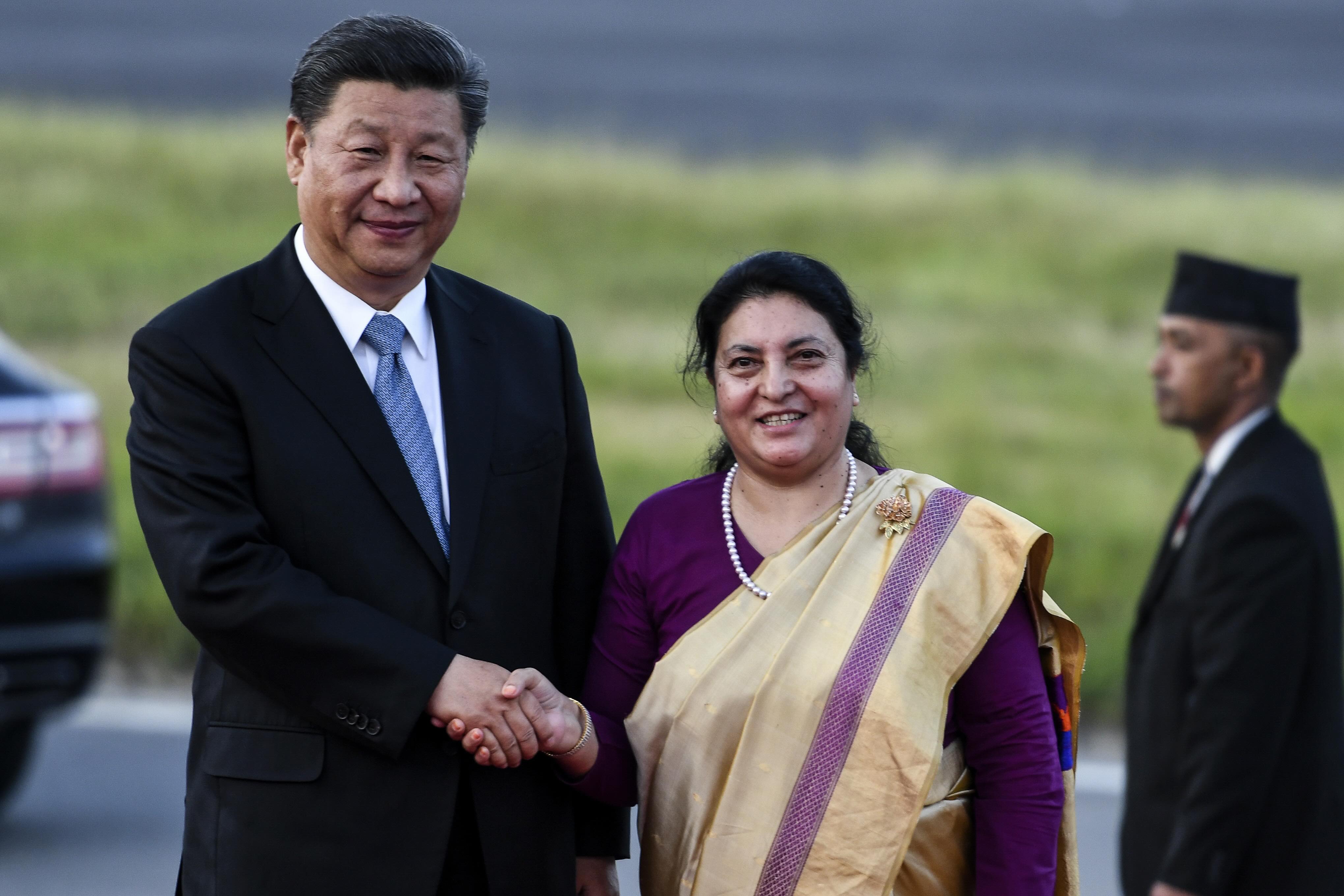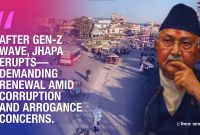Nepal’s Communist Party Shuts Door on Bidya Devi Bhandari—Was China Pulling the Strings?

Kathmandu — Nepal’s political scene has been jolted by a contentious move from the ruling CPN-UML, as a recent leadership rule amendment effectively blocks former President Bidya Devi Bhandari from making a dramatic return to active politics. The amendment, passed quietly but with far-reaching implications, comes at a time when whispers of Bhandari’s resurgence have grown louder—especially following her high-profile visit to China earlier this year.
Party insiders and analysts say Bhandari’s re-entry ambitions were more than idle speculation. After leaving the presidency, her public appearances had dwindled, but the China trip changed everything. Sources close to Bhandari claim Beijing signaled strong support for her political comeback, viewing her as a unifying figure capable of rallying Nepal’s fragmented communist factions. This, according to insiders, fits a larger Chinese strategy to consolidate leftist influence in Nepal under a single, loyal leadership—one that Bhandari, with her past as CPN-UML stalwart and head of state, was uniquely positioned to provide.
But just as her supporters began laying the groundwork, the CPN-UML leadership moved swiftly, amending party rules to prevent any former president from holding top party positions. While publicly described as a measure to maintain political stability and avoid power concentration, critics allege the timing was no coincidence. Many within Kathmandu’s political circles see it as a preemptive strike—engineered to sideline Bhandari before she could mount a challenge, especially with foreign backers rumored to be involved.
Public reaction has been swift and deeply polarized. Some see the amendment as a prudent move to protect Nepal’s young democracy from excessive external interference. Others, however, call it a betrayal of democratic principles, fearing that the leadership is more concerned with preserving its own grip on power than with encouraging open competition. Meanwhile, China’s apparent role in encouraging Bhandari’s ambitions has added a new dimension to Nepal’s ongoing struggle to balance powerful neighbors and internal party rivalries.
As questions swirl about the real motivations behind the rule change, the nation finds itself at a crossroads. The coming months could test not just the unity of Nepal’s left but the very foundations of its political independence. Will Bhandari’s supporters quietly fade away, or will this latest episode spark a new round of political maneuvering and international intrigue? The answer could shape the direction of Nepalese politics for years to come.





![From Kathmandu to the World: How Excel Students Are Winning Big [Admission Open]](https://www.nepalaaja.com/img/70194/medium/excel-college-info-eng-nep-2342.jpg)


